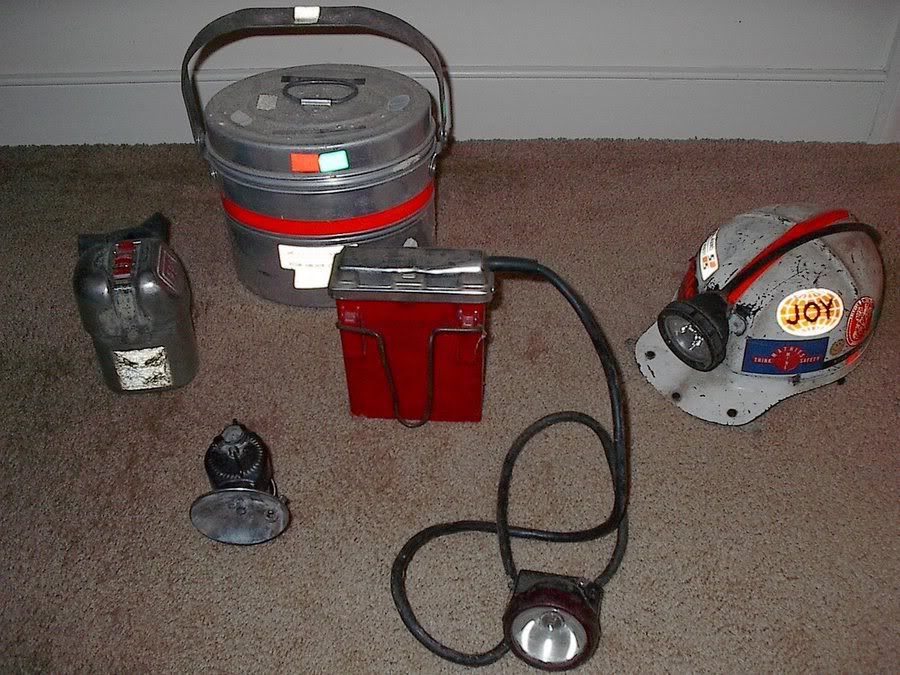What you are presenting are hypotheses with anecdotal proof, but no clear proof on the whole.
Here are a few facts.
* Not all groups exhibit "mob" behavior.
* A basic course in Economics will show you that money is not the only motivator either of people or of groups. Otherwise perfectly capable people and organizations wouldn't have missions or mission statements that are not bottom-line driven. And extremely smart people would never accept a position in academia.
* Ethical business is good business.
* Cheating and unethical behavior starts and finishes at the individual level.
Believe it or not, I see how billions of dollars go through a system on a regular basis. It's my job to understand that kind of money (actually several orders of magnitude larger...) and all that it entails.chewy wrote: The executives jobs and incentives depend upon the amount of value-add they can bring to their share holders. We are talking big $$ Bill... more that most people can actually fathom (just try to picture $1B in your head... really... it's tough).
The executives are people like you and I, chewy, who bring their own beliefs to their jobs, and go home to their families, communities, churches, and activities. These executives may or may not have graduated from a place like U.Va.'s Darden School of business (top ten school in the country) were one honor offense (for lieing, cheating, or stealing) means you are permanently dismissed. Most (but not all) have a modicum of emotional intelligence, and those who don't likely never make it to the upper tiers of an organization.
I have been online preaching that folks such as the former CFOs of Enron or Worldcom should be in prison along with rapists and killers. Individuals need to be accountable for their actions. We can never - nor should we ever - blame bad human behavior on a group.
Individual companies sometimes do have selfish, heartless mission statements, and our justice system (along with the SEC and similar government concerns) has rightly put certain individuals in prison for their behavior. Similarly there are companies that make big money with altruistic missions. And most companies handsomely reward executives who can do the right thing while bringing the bacon home.
- Bill

